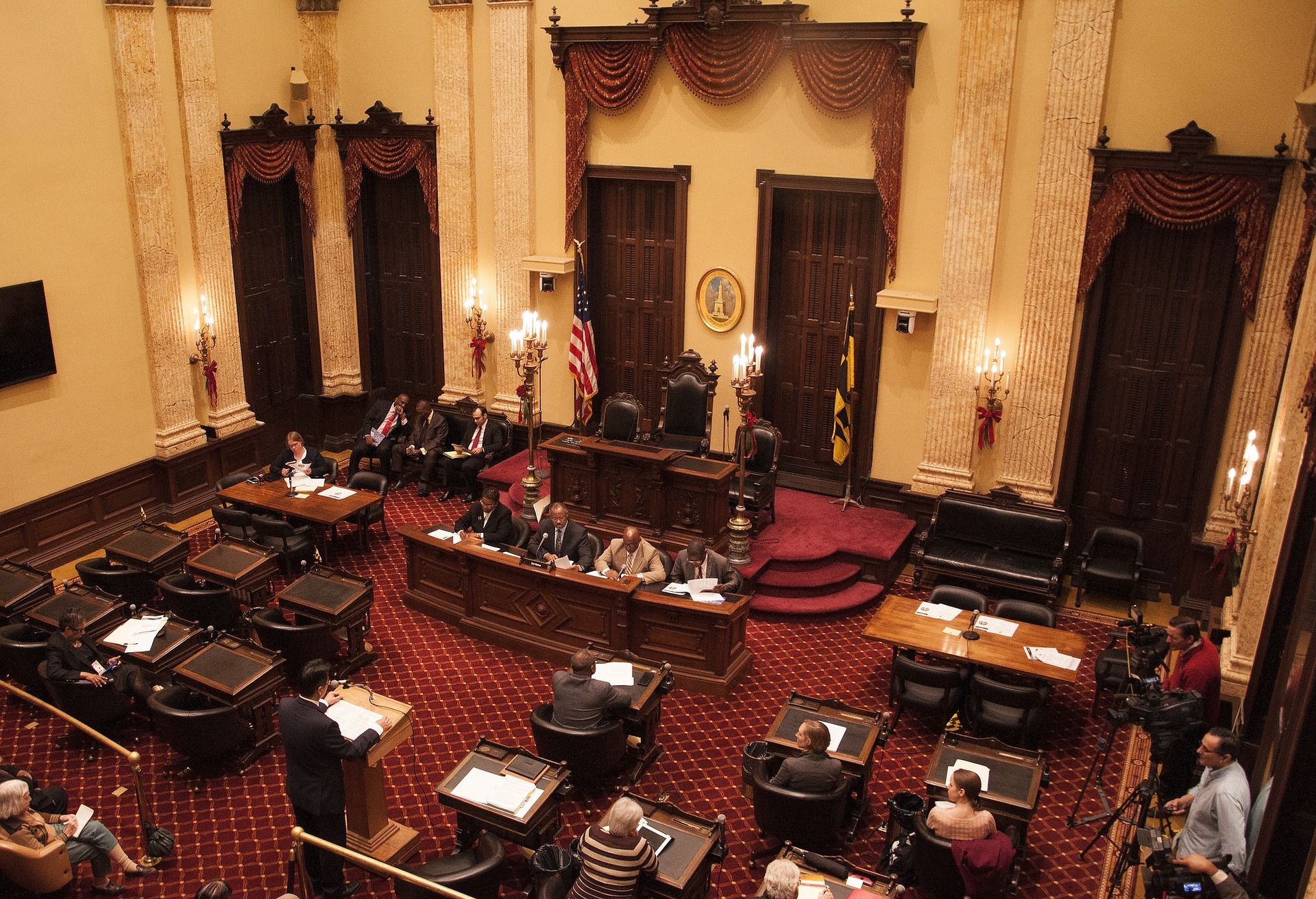Many marry because they do not want to spend their lives alone, want to have a family, or want to solidify a relationship. Unfortunately, many couples file for divorce when things do not work as expected.
In Florida, 13.2% of the state’s population is divorced, being the nation’s fourth highest-ranking regarding divorce.
A process of divorce can leave an individual’s life turned upside down, which means it is crucial to prepare for this possibility. A prenuptial agreement may be a good way to protect your interests in case a divorce happens.
In this article, you will find out all you need to know about prenup agreements in Florida.
Prenup Agreement in Florida – Understanding the Concept
Commonly known as a prenup, a prenuptial agreement is a document signed before marriage with provisions regarding what happens to each spouse’s assets in case a divorce happens.
In this document, the couple will determine what assets are marital and what are not, establishing a clear distinction of each spouse’s assets.
Plus, a prenup agreement can also provide what happens to each partner’s assets in case one of them dies.
This type of agreement is often used to protect each spouse’s assets that they have acquired before marriage, or assets inherited from family members, or income they have earned before getting married.
In most cases, prenuptial agreements contain provisions regarding each spouse’s property division, including real property, investment, businesses, and estate planning.
In What Situations Is It Useful to Draft a Prenup in Florida?
Many people think that prenups are only needed for wealthy individuals, such as Hollywood stars, world-class athletes, and business tycoons. However, this conception could not be falser.
Any individual who has personal assets, liabilities, or property before getting married should consider a prenup.
One of the most important aspects of prenup agreements is that they outline each spouse’s financial responsibilities within a relationship. Hence, if you have acquired a significant amount of assets before marriage, a prenup will protect them.
However, in case a couple is sure of their decision and does not want to have any separation between pre-marital and marital assets, a prenup may not be necessary.
Full Financial Disclosure
Before entering a prenup agreement, each spouse must proceed with full financial disclosure to the other spouse, including all income sources, assets, and debts.
Hence, both spouses will clearly identify what their property rights are and what rights they are repealing by signing the prenuptial agreement.
Full financial disclosure must be in writing, including a section where each spouse acknowledges that he/she read all the information disclosed in the document.
A prenup agreement signed without a previous full financial disclosure may be voided in court.
Prenuptial Agreements vs Alimony Payments – Understanding the Consequences
In Florida, most prenuptial agreements cover any type of alimony payments. In such cases, the spouse who has a prenup agreement does not have to cover any support payments for an ex-spouse.
Notice that, in case you want to prevent an ex-spouse from being awarded alimony, you will need to ensure that the prenuptial agreement is properly drafted. The document must clearly state that the spouse whose protection is under the prenup will not be liable for alimony payments.
Nonetheless, there are specific cases in which the court voids a prenup and awards spouse alimony. For instance, when one spouse obligated another to sign the agreement against their will, or if the agreement is considered unreasonable in the court.
Last Will vs Prenup Agreement – What Happens in Case One Spouse Dies?
In case the deceased spouse leaves a last will before death, the prenup agreement signed by the couple will likely be superseded. Nonetheless, the situation will vary according to the provisions contained in the will.
Regardless of the situation, the last will in Florida must have clear language while addressing the existence of a prenup agreement.
Plus, the last will must show the clear intent to either revoke or modify the prenup, according to the couple’s decision.
However, in case a spouse dies intestacy (without a will), the prenup agreement will still be in effect upon his/her death. In such cases, the decedent’s estate will go through probate in the court, where the assets will be distributed according to state intestacy law.
In Florida, probate courts consider the prenup terms in the process, meaning that the remaining spouse would be prevented from inheriting the decedent’s assets during probate proceedings.
Prenuptial Agreement in Florida – We Can Help You
At Jurado & Farshchian, P.L., we have expert attorneys that will assess your situation and tailor a prenuptial agreement according to your circumstances.
Talk to us today by calling (305) 921-0976 or emailing [email protected] to schedule a consultation.





